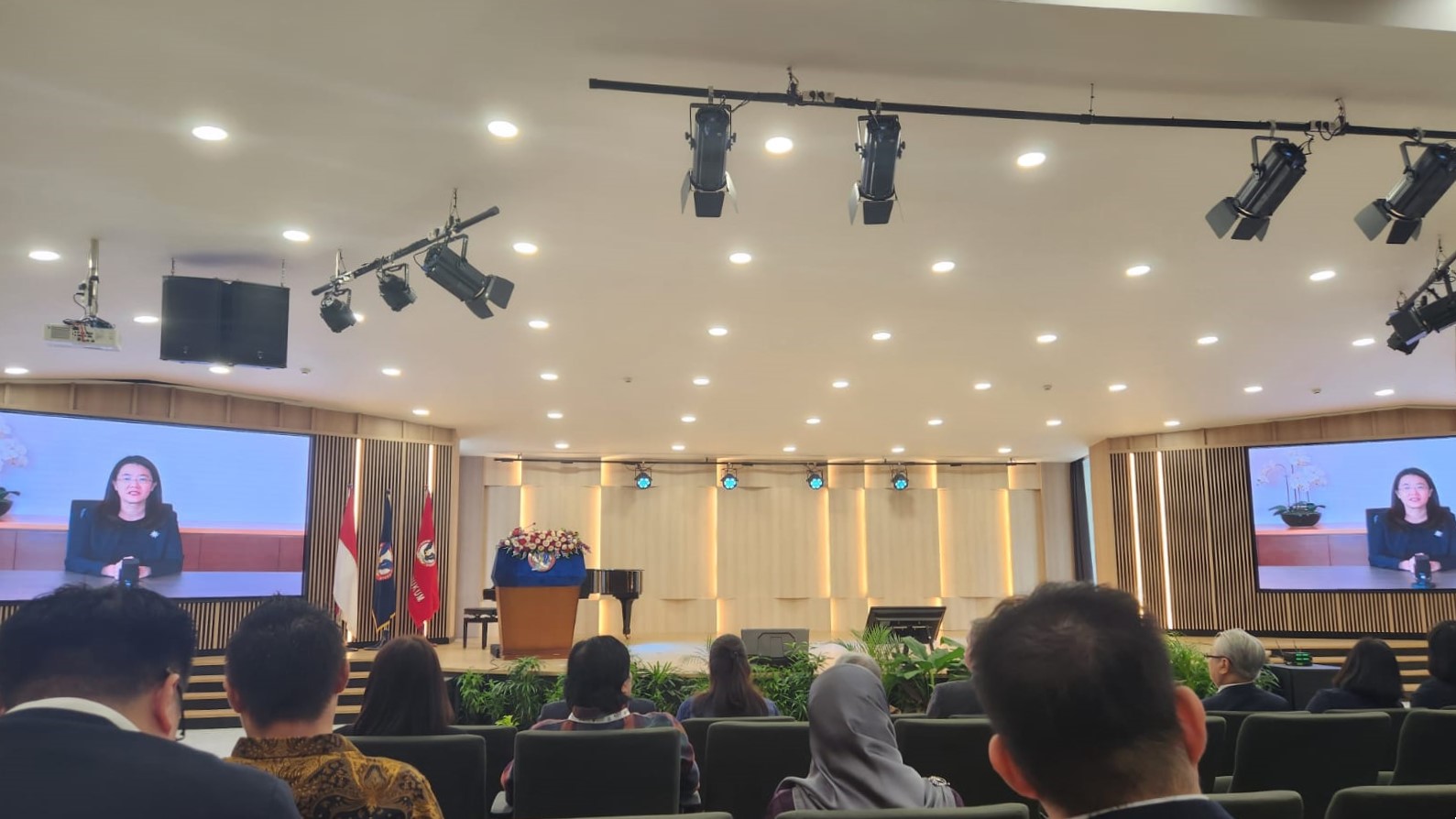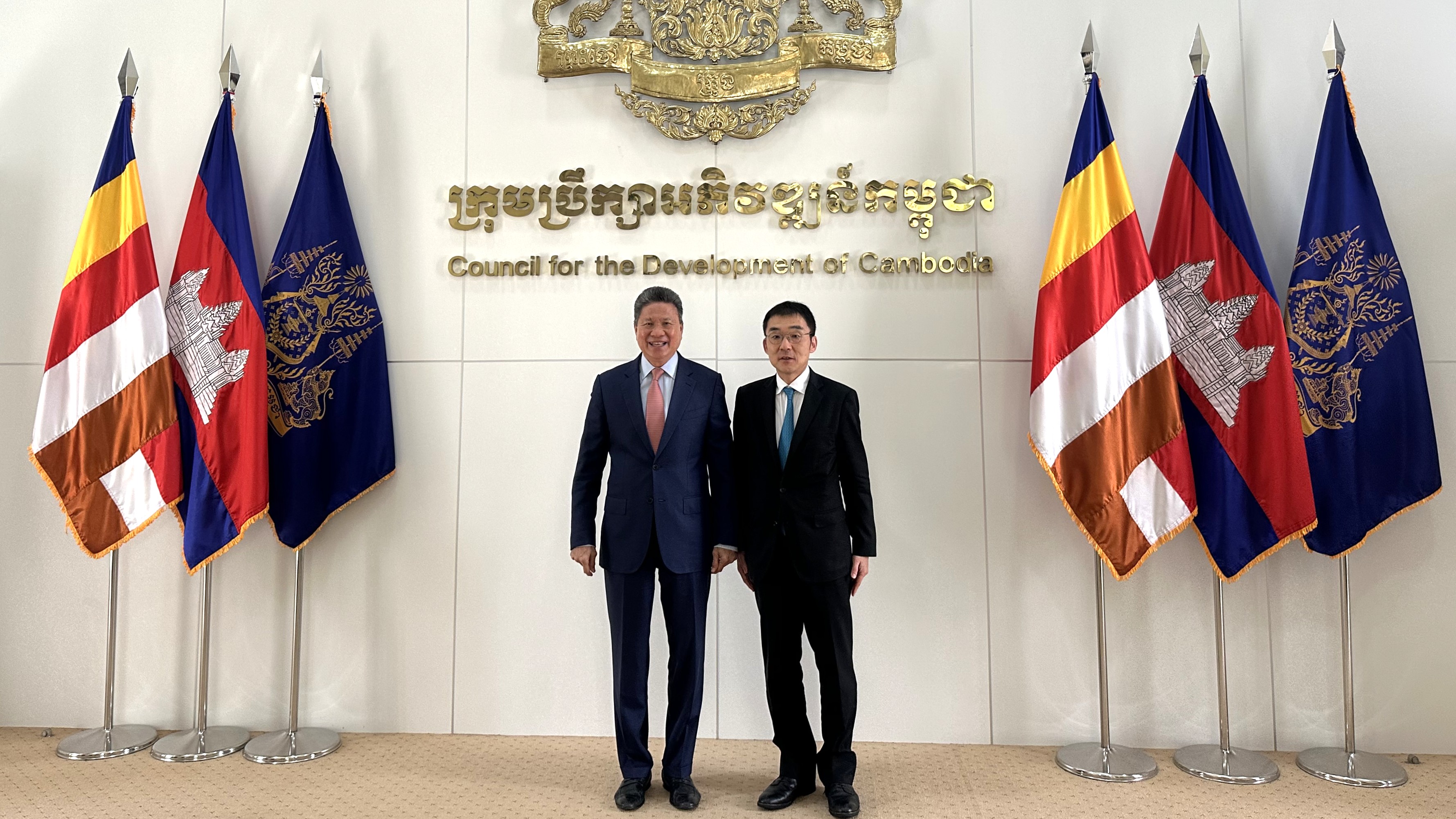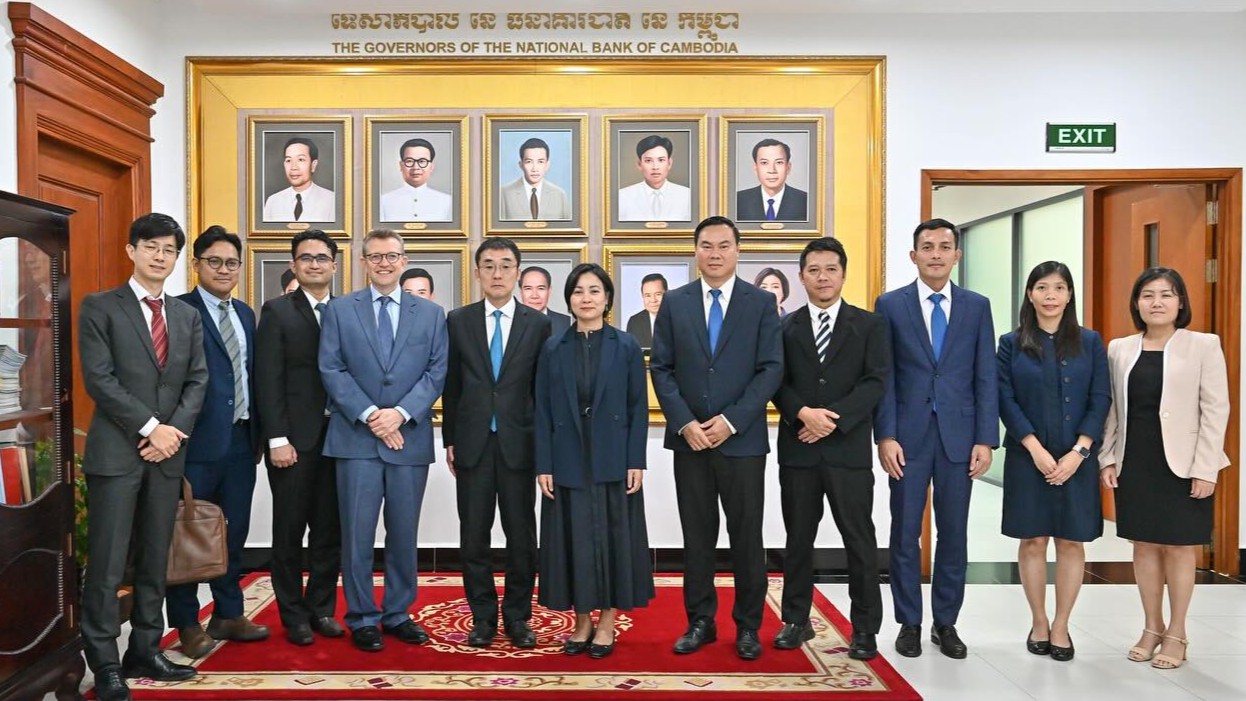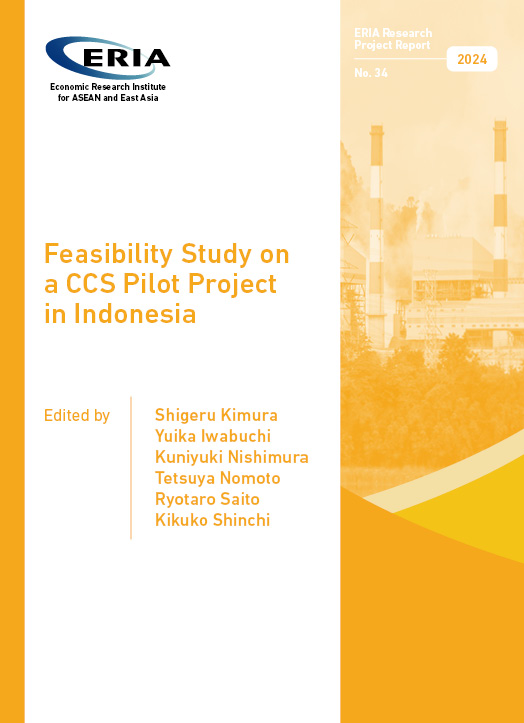Navigating Technology and Trade: Insights from the International Conference on Regulating Technology in Asia
Date:
7 March 2024Category:
NewsTopics:
Trade, Conference, EconomicShare Article:
Print Article:
Tangerang, 7 March 2024: Pelita Harapan University (UPH), in collaboration with ERIA, Monash University, and Chiang Mai University, convened the International Conference on Regulating Technology in Asia (ICRTA) alongside a Special Event on Local Content Requirements (LCRs). With a turnout of 300 attendees, the conference provided a platform for scholars, researchers, and professionals to engage in discussions concerning the regulation of technology within the Asian context.
Dr Lili Yan Ing, ERIA Lead Advisor for the Southeast Asia Region, underscored two critical global issues: the rapid development of digital technology and artificial intelligence (AI), and the escalating adoption of protectionist measures impacting global trade and investment. With approximately 2,800 protectionist measures worldwide affecting investments, trade in goods, and services, geopolitical tensions are hindering the realisation of the potential for global, regional, and national trade and investment.
Eunice Wang, Google Head of AI and Emerging Tech Policy for the Asia-Pacific region, highlighted the inherent trade-off between innovation and risk mitigation. She proposed an affirmative policy framework for ASEAN, advocating for investment in innovation infrastructure, the development of an AI-ready workforce, and the facilitation of inclusive adoption and accessibility. Wang supported her arguments with examples such as the Flood Hub project and AI's contributions to mitigating traffic emissions and addressing agricultural challenges, emphasising the necessity for a balanced approach to AI development.
Professor Christopher Marsden of Monash University emphasised the importance of understanding the historical context of AI and fostering interdisciplinary collaboration to effectively regulate internet law. He proposed a co-regulatory pyramid, ranging from voluntary compliance to regulatory laws, with specific legal policy options including media literacy, user choice, and transparency in AI-related disinformation techniques.
John Riady, CEO of Lippo Group Indonesia, highlighted the economic ramifications of AI, contrasting the substantial market capitalization of NVIDIA, a world leader in AI computing, with that of the entire Indonesia Stock Exchange. He underscored AI's dual role in bolstering productivity and addressing challenges such as democratic disinformation during elections. Riady emphasised the imperative of cautious deliberation as the global community approaches elections, citing potential risks associated with AI implementation.
Dr Jerry Sambuaga, Indonesia's Vice Minister of Trade, provided insights into the economic landscape by noting Indonesia's 5.05% economic growth in 2023, indicative of adaptability to technological advancements. He highlighted the proactive regulation of cryptocurrency as a commodity, while acknowledging challenges such as the European Union's ban on crude palm oil (CPO), which underscored the intricacies of balancing standardisation and protectionism.
In conclusion, the plenary session underscored the multifaceted nature of global challenges and emphasised the significance of balanced, inclusive policies to navigate the evolving intersection of technology and trade.
Publication: Robots and AI: a New Economic Era









